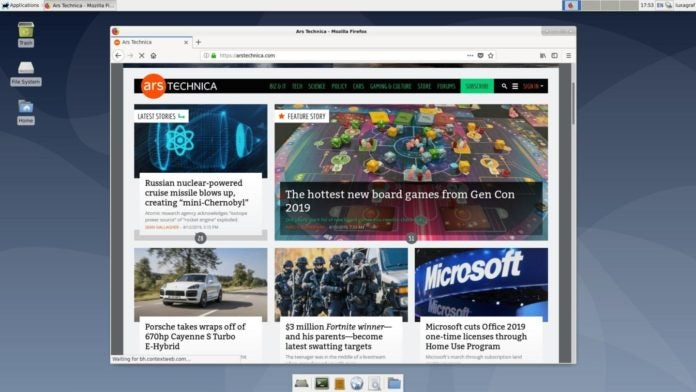Hewlett Packard Enterprise launched its HPE Container Platform, a Kubernetes container system designed to run both cloud and on-premises applications. On the surface, HPE Container Platform will face an uphill climb as all the top cloud providers have Kubernetes management tools and instances and IBM with Red Hat has a big foothold for hybrid cloud deployments and the container management that goes with it.
HPE, which recently outlined a plan to make everything a service, is betting that the HPE Container Platform can differentiate itself based on two themes.
[Source: ZDNet]


